**Note: This page is not affiliated with the official organisers of International Joke Day. It is a day widely celebrated for fun and laughter. For general information, please refer to reputable online sources.
Understanding International Joke Day in EYFS & KS1
International Joke Day, celebrated on July 1st each year, is a wonderful opportunity to bring laughter, silliness, and a whole lot of fun into your early years setting, nursery, preschool, childminder setting, or Year 1 and Year 2 classroom. It's a day dedicated to the simple joy of sharing jokes, riddles, and funny stories, and exploring the power of humour.
For EYFS practitioners, Joke Day provides a fantastic, light-hearted theme for the start of summer. It's about encouraging communication, boosting confidence as children share their own jokes, and developing an understanding of wordplay and humour. It's a day to just be silly, laugh out loud, and enjoy the pure delight that jokes can bring. This day offers great planning ideas and inspiration for engaging activities that really resonate with young minds.
Why Is Humour and Joke-Telling Important for Young Children?
Integrating humour and joke-telling into your practice with young children (aged 0-7) is incredibly important for their holistic development. During their early years, humour plays a significant role in their cognitive, social, and emotional growth.
Language and Literacy Skills: Telling and understanding jokes helps children develop phonological awareness, vocabulary, and an appreciation for wordplay and rhythm. They learn about puns, riddles, and narrative structure.
Cognitive Development: Jokes often require children to think flexibly, understand double meanings, and make connections between ideas. This boosts their problem-solving skills and critical thinking.
Social and Emotional Learning: Sharing jokes is a fantastic way to build connections, foster friendships, and develop social confidence. Laughter is a powerful tool for bonding and can help ease anxieties or tensions. It teaches children how to interact positively with others.
Emotional Regulation: Humour can be a healthy coping mechanism, allowing children to express emotions in a light-hearted way and relieve stress.
Creativity and Imagination: Creating their own jokes, even simple ones, sparks imagination and encourages creative expression.
Joy and Well-being: Simply put, laughter makes children feel good! It boosts morale, creates a positive learning environment, and contributes to overall well-being.
Engaging Joke Day Activities for 0-7 Year Olds
Making International Joke Day a giggling success is easy with these planning ideas and activities perfect for EYFS and KS1 children. The focus is on fun, sharing, and lots of laughter! Many of these early years and year 1 activities can be supported by the printable resources we have available.
Here's some inspiration for bringing the fun of jokes into your setting: (Please use your own discretion and knowledge of your children to ensure appropriateness of each activity and safety concerning any materials given and activity undertaken.)
Joke Time Circle: Gather the children for a dedicated "Joke Time." Start with some simple, age-appropriate jokes (think knock-knock jokes or animal riddles). Encourage children to share any jokes they know, no matter how simple or silly! This builds confidence and listening skills. Our 'Joke Cards' are perfect for starting the session and giving children ideas.
Illustrate a Joke: After hearing or telling a joke, ask children to draw what they imagine the joke looks like. This encourages visual thinking and comprehension of the joke's premise. Our 'Joke Illustration Activity Sheets' provide a structured way for children to draw their favourite joke.
Silly Sentences and Rhymes: Play games where you create silly sentences or rhyming words that sound funny. For example, "What do you call a sleeping bull? A bulldozer!" This highlights wordplay, a key element in many jokes, and helps children explore sounds and language.
Dress-Up for Laughter: Encourage children (and practitioners!) to wear silly hats, mismatched clothes, or funny accessories. Simply looking funny can spark laughter and create a light-hearted atmosphere for joke-telling.
Puppet Show of Jokes: Use puppets to tell jokes to each other. Children can operate the puppets and practice delivering punchlines. This can be great for those who are a little shy about speaking in front of a group.
Create Your Own Riddles: Help children come up with their own simple riddles. Start with descriptions of common objects or animals, then ask "What am I?" For example: "I’m black and white and I dive for fish. What am I? (A penguin)"
Funny Faces and Movements: Engage children in making funny faces in a mirror or doing silly walks. Laughter doesn't always need words; physical humour is often a big hit with the youngest children.
Musical Jokes: Play upbeat, silly music and encourage children to dance in funny ways. Or, for slightly older children, adapt a familiar song to include a joke or a silly lyric.
These activities offer great inspiration for making International Joke Day a memorable and laughter-filled experience in your early years or Key Stage One setting.
To explore ideas surrounding additional early years events, please visit our 'Special Dates Calendar' page.
Printable resources to support teaching & learning surrounding: ‘International Joke Day’
Additional Pages you may like to explore which cover relevant &/or Connected themes
More Early Years Event Pages for July
Explore special dates (including awareness dates, festivals, celebrations & events) relevant to your EYFS & KS1 children
Browse our ‘Special Dates Calendar’ page using the link below. You’ll find calendars for every month of the year to aid your planning!
SEARCH ‘LITTLE OWLS Resources’ USING THE FOLLOWING MENU BUTTONS…
Disclaimer:
This page is for educational purposes only and is intended to support early years and primary practitioners with ideas and resources related to International Joke Day. We are not affiliated with or endorsed by any official organisers of International Joke Day, as it is a widely celebrated observance. We do not claim any rights to specific trademarks or official materials associated with this day. For general information, please refer to reputable online sources.


















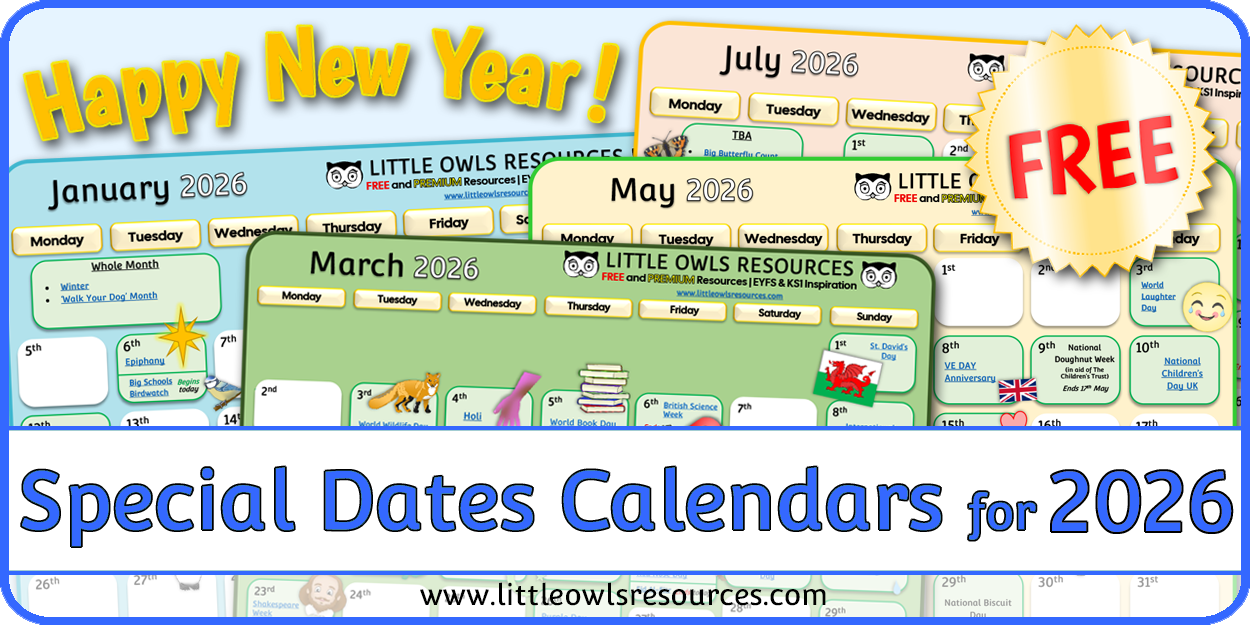
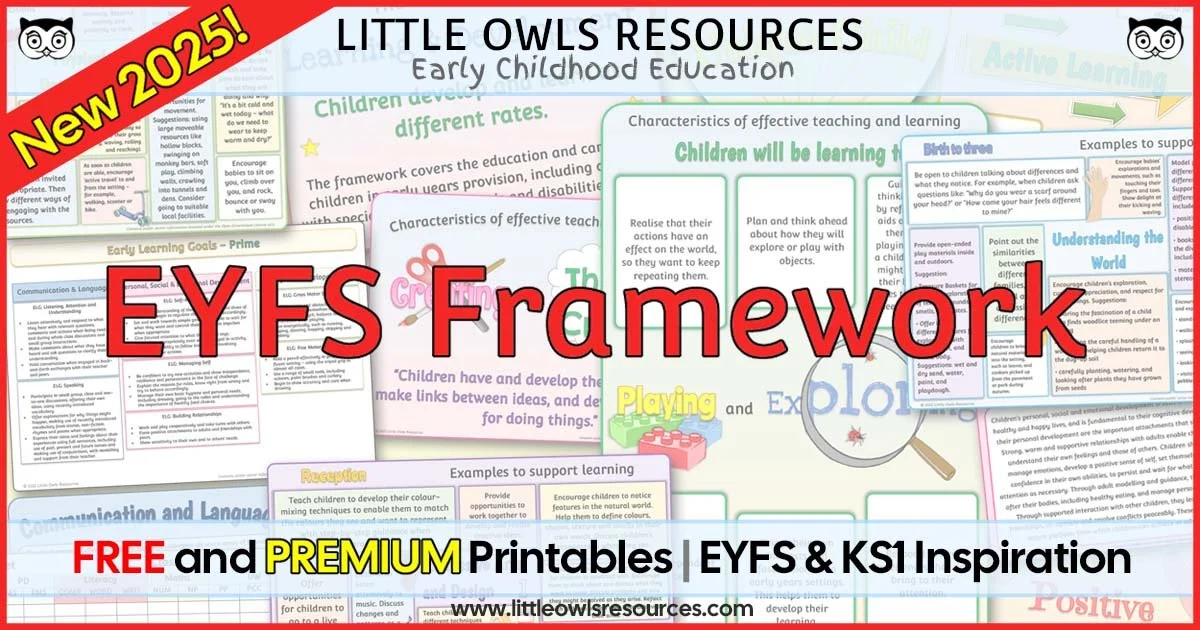

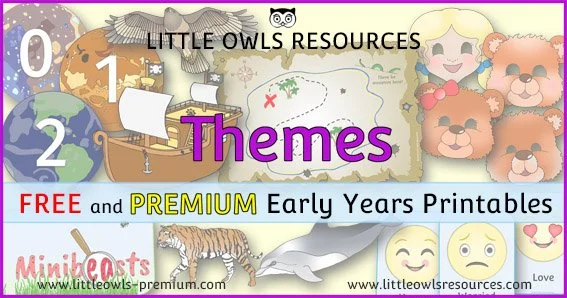

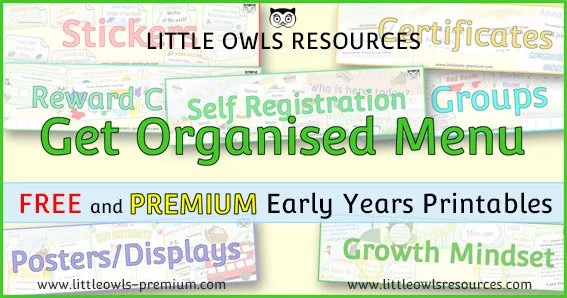

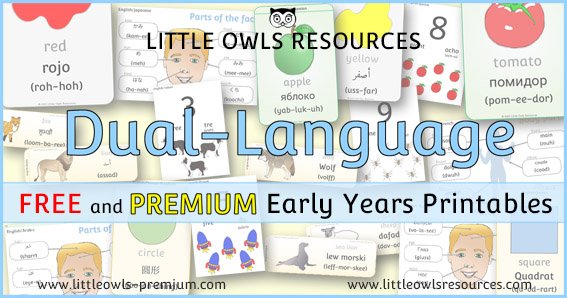
International Day of Friendship (also known as World Friendship Day), observed annually on July 30th, is a heartwarming occasion dedicated to celebrating the…